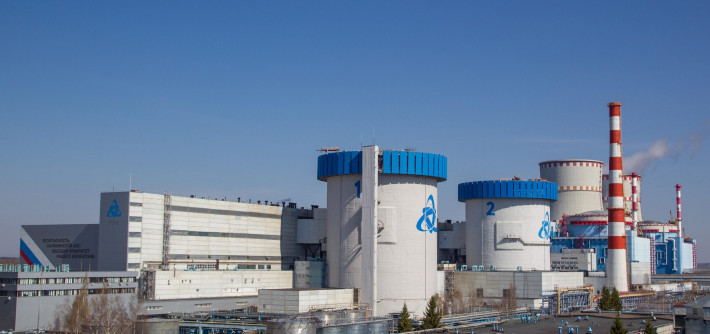STOCKHOLM, April 29, 2021 (EIRNS)–The Zoom webinar meeting of the Belt and Road Institute in Sweden, together with the Embassy of Pakistan in Sweden, and the Embassy of China in Sweden, was an extraordinary success. More than 130 participants were present at the height of participation. The first part of the program was moderated by the Commercial Counsellor of Pakistan for Sweden, Norway, Denmark, and Finland. The focus was on the China Pakistan Economic Corridor (CPEC) and the tremendous potential for European and Scandinavian business interests to invest in Special Economic Zones (SEZ) that are connected to the current industrialization phase of CPEC.
There were welcoming remarks by the Ambassadors of Pakistan to Sweden and Denmark, and by the Ambassador of China to Sweden. The Chinese-language website of the Foreign Ministry the next day highlighted the BRIX event, printing the greetings of Chinese Ambassador Gui Congyou at the event.
There were several leading governmental agencies from Pakistan, like the Board of Investment, as well as regional officials, who outlined the great potential for investments and business in all areas when the basic infrastructure, especially electric power, is built. There were also important presentations from Business Sweden, Innovation Norway, and the Trade Council of Denmark to welcome and provide support and help for Scandinavian businesses that are ready to invest in Pakistan. The significance of Pakistan’s cooperation with China on the BRI was highlighted, and many business interests from China also participated.
The second part of the webinar was focused on the importance of the Belt and Road Initiative (BRI) and how the work of the Belt and Road Institute in Sweden continues to present truthful and accurate information on BRI, despite deliberate distortions by Western media and other institutions.
This section was moderated by Stephen Brawer, the Vice Chairman of the Belt and Road Institute in Sweden, and the responsible leader of BRIX for webinars and seminars. His preliminary remarks summarized three of the most important points on the BRI as a global development policy, open to all nations, and the necessity of eliminating extreme poverty worldwide as has been achieved in China in 2020. He also noted the importance of the 1648 Treaty of Westphalia, as a principle for cooperation, in which the interests of the other are primary, as opposed to only serving your own interests, i.e., geopolitics.
There were four speakers in the afternoon session. Professor Michele Geraci of Italy pointed to the primacy of commercial relations behind the much discussed and dramatic geopolitical controversies. Mr. Henry Tillman of the UK reported from his own investigations the meteoric rise of the Chinese pharma industry in just one year, showing how China and India are now the main suppliers of vaccine to the world, as the USA and Europe have limited their deliveries to their domestic markets. In the UK the entire vaccine production has been kept 100 percent for the British people.
Dr. Maria Sultan of Pakistan situated the CPEC in the global landscape of container trade and digital transmissions, showing the tremendous growth in the Asia-Europe and Asia Pacific corridors with the Pakistani ports of Karachi and Gwadar in the crossroads. Hussein Askary of the BRIX highlighted the Health Silk Road as the only possible approach to counter the current and future pandemics, providing the necessary infrastructure needed for a modern health system.

















